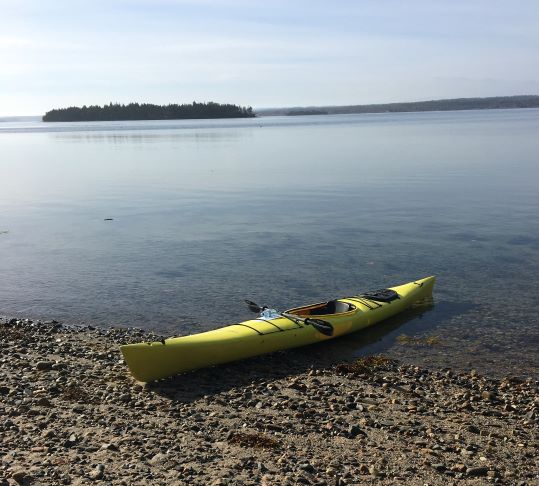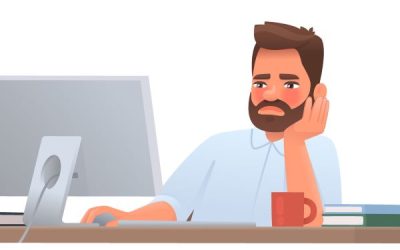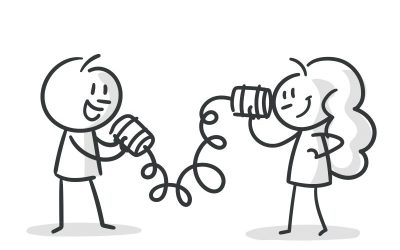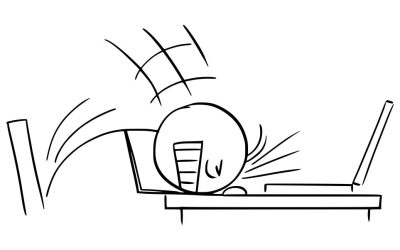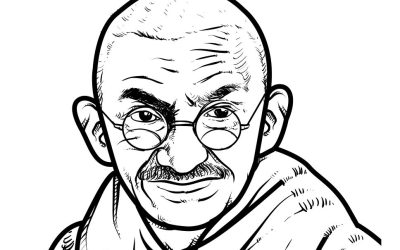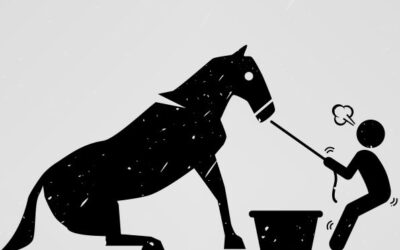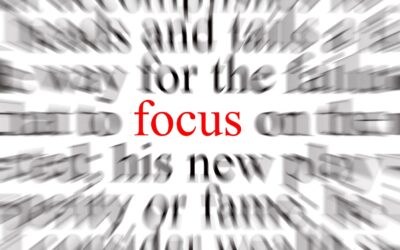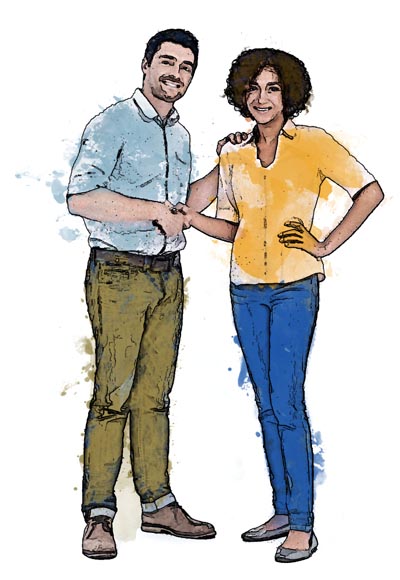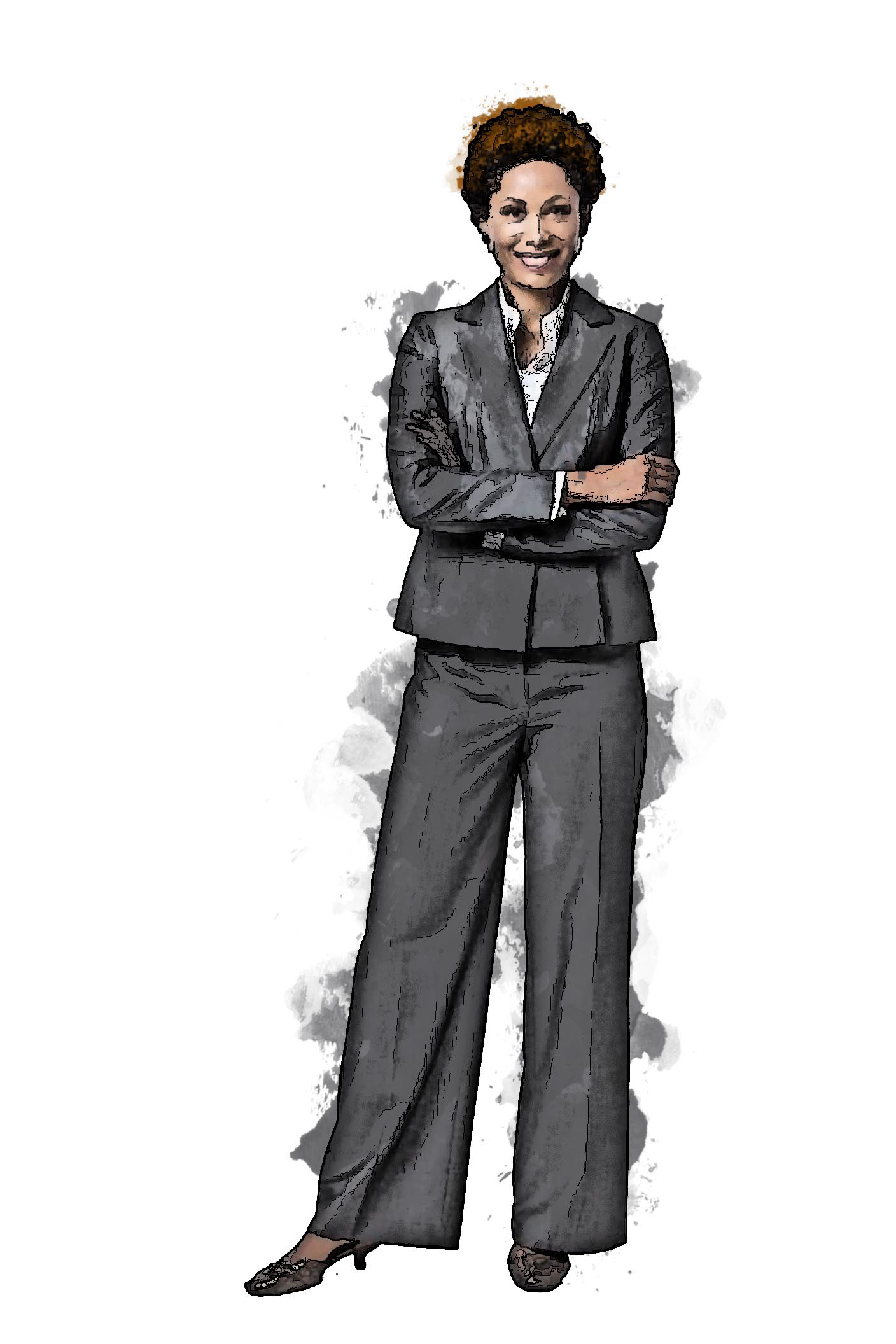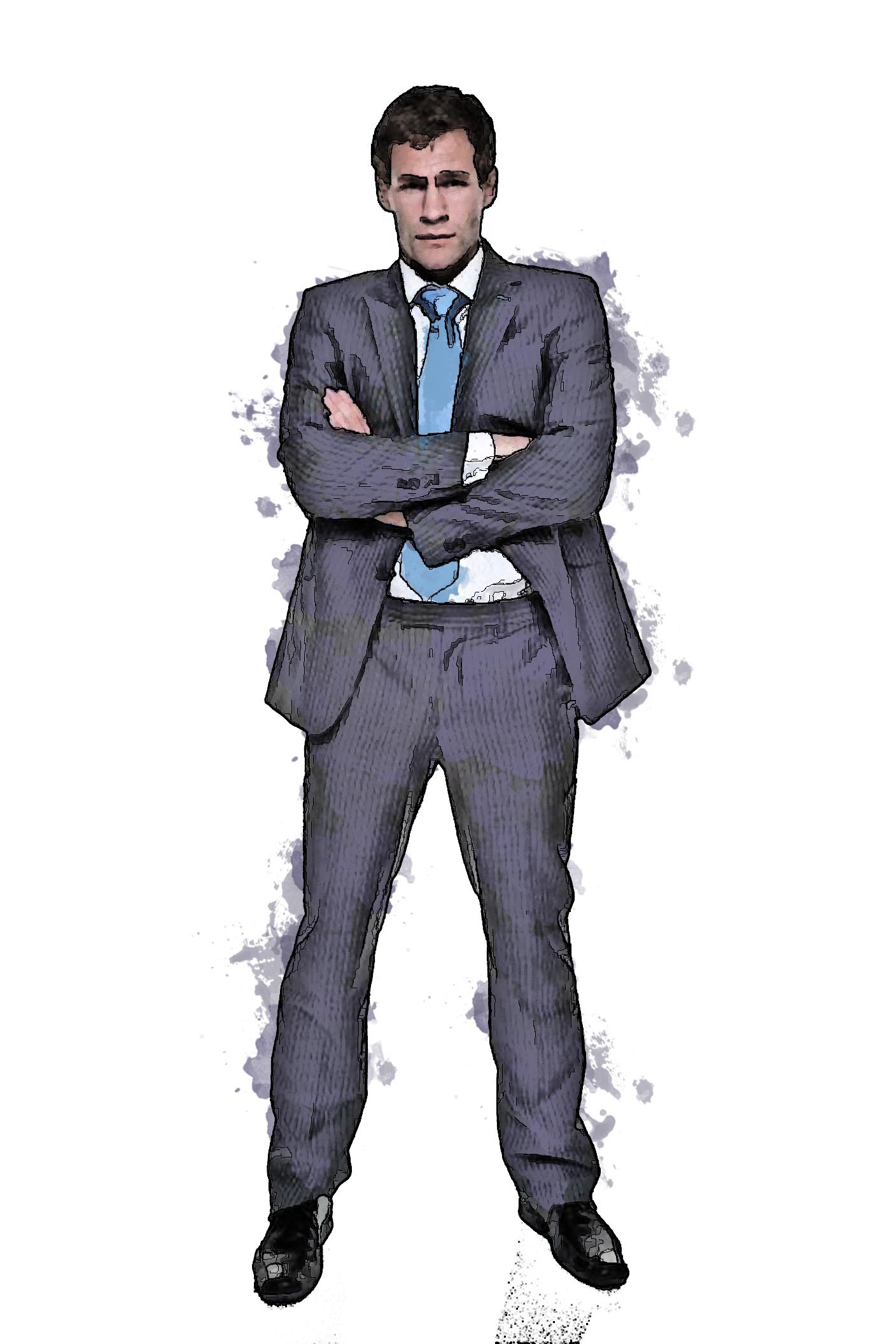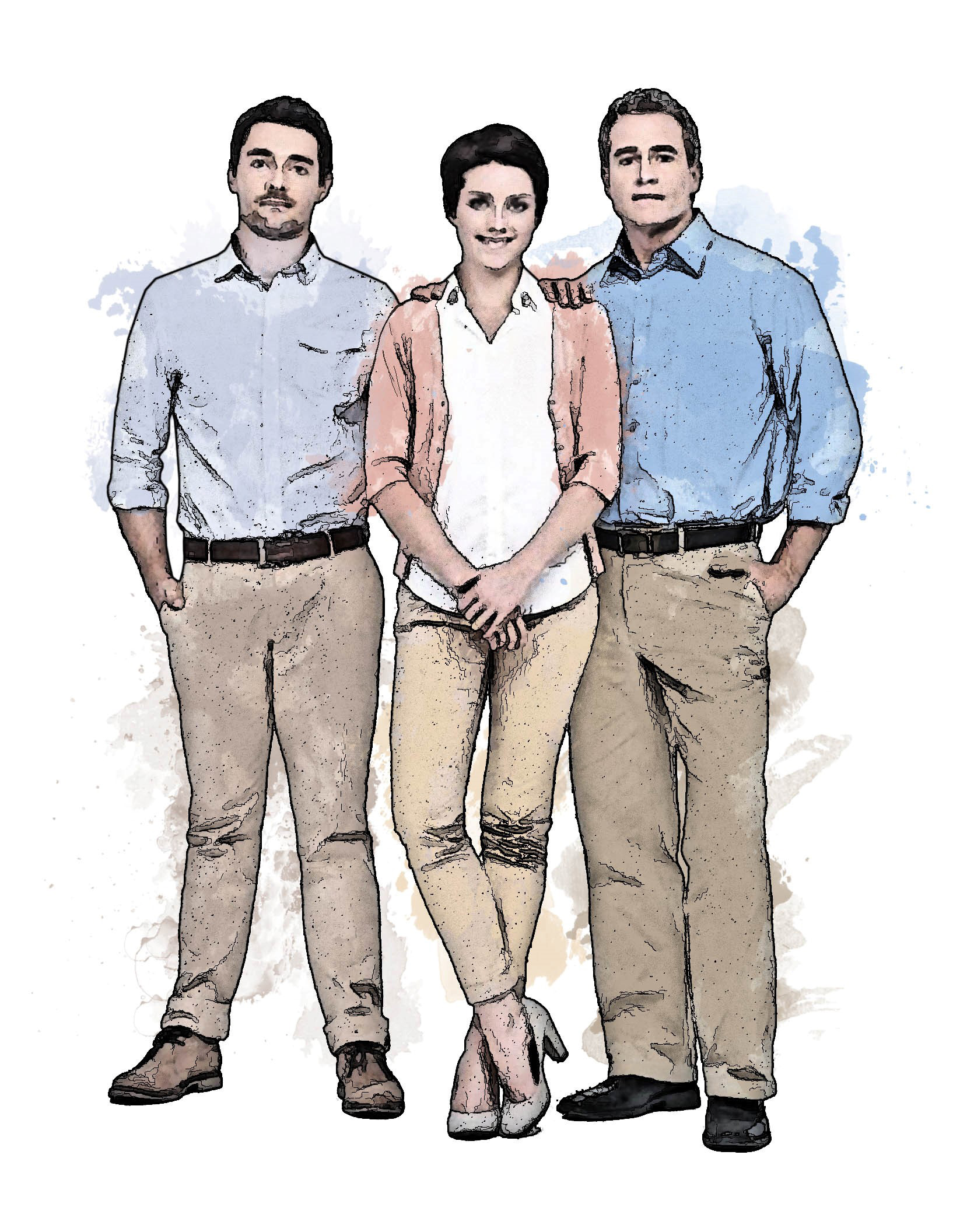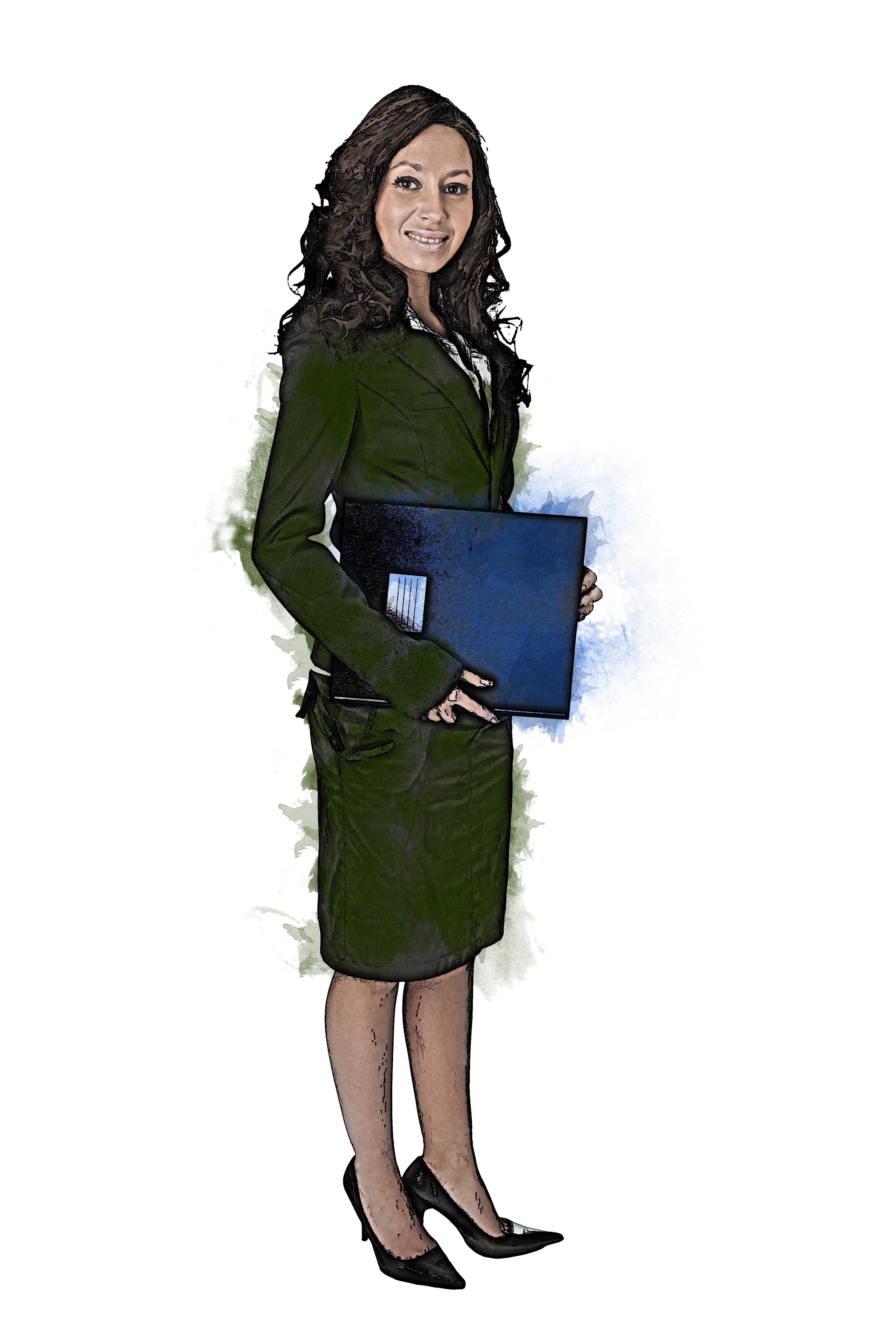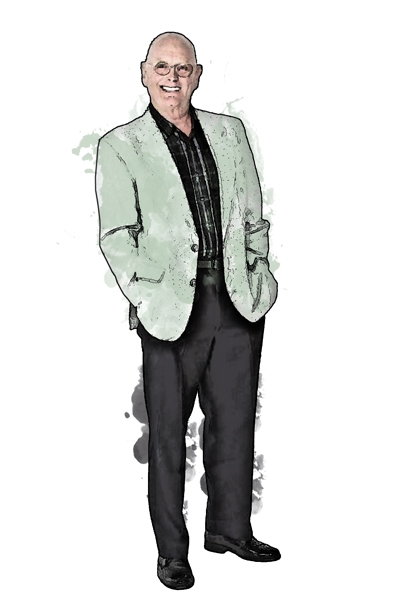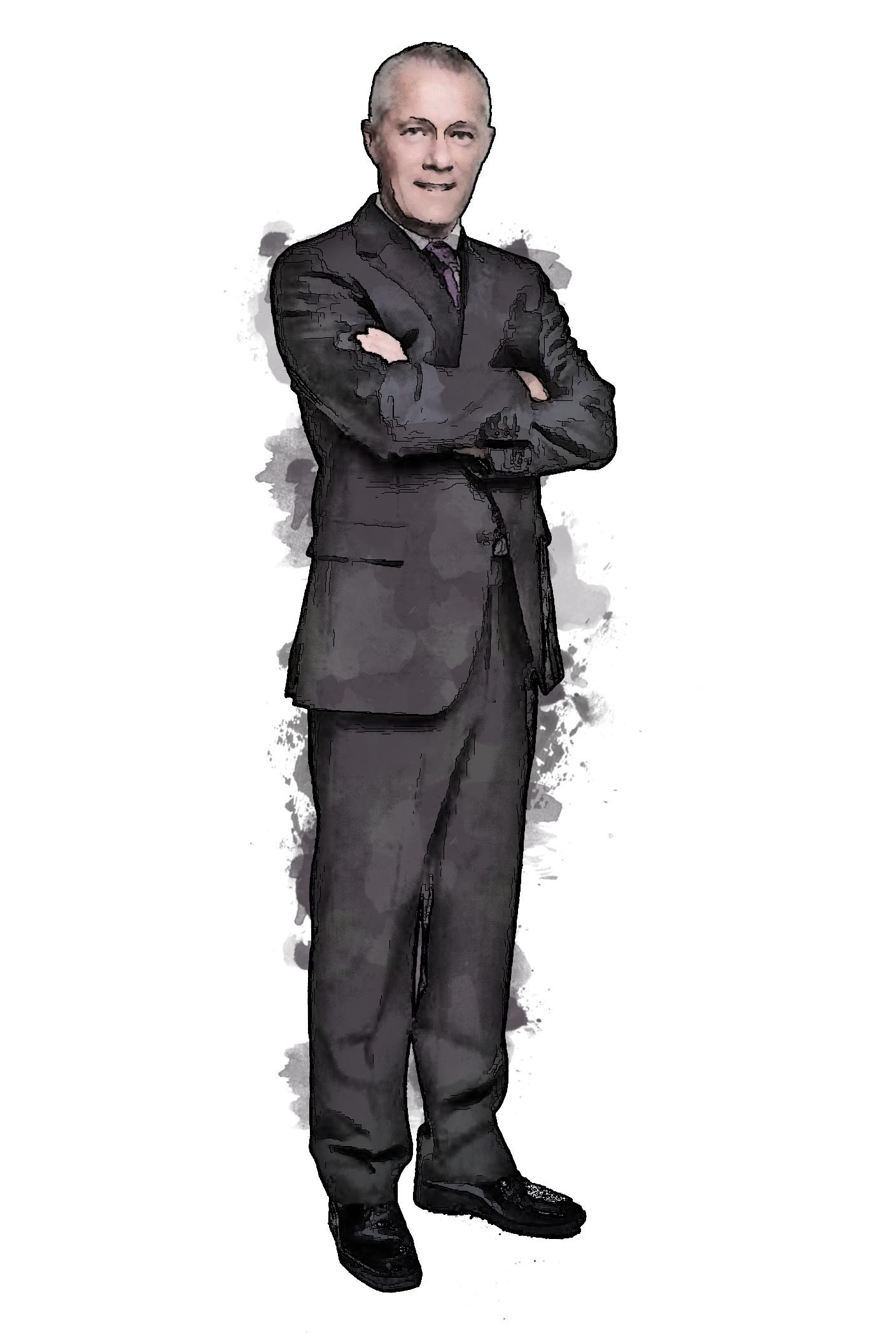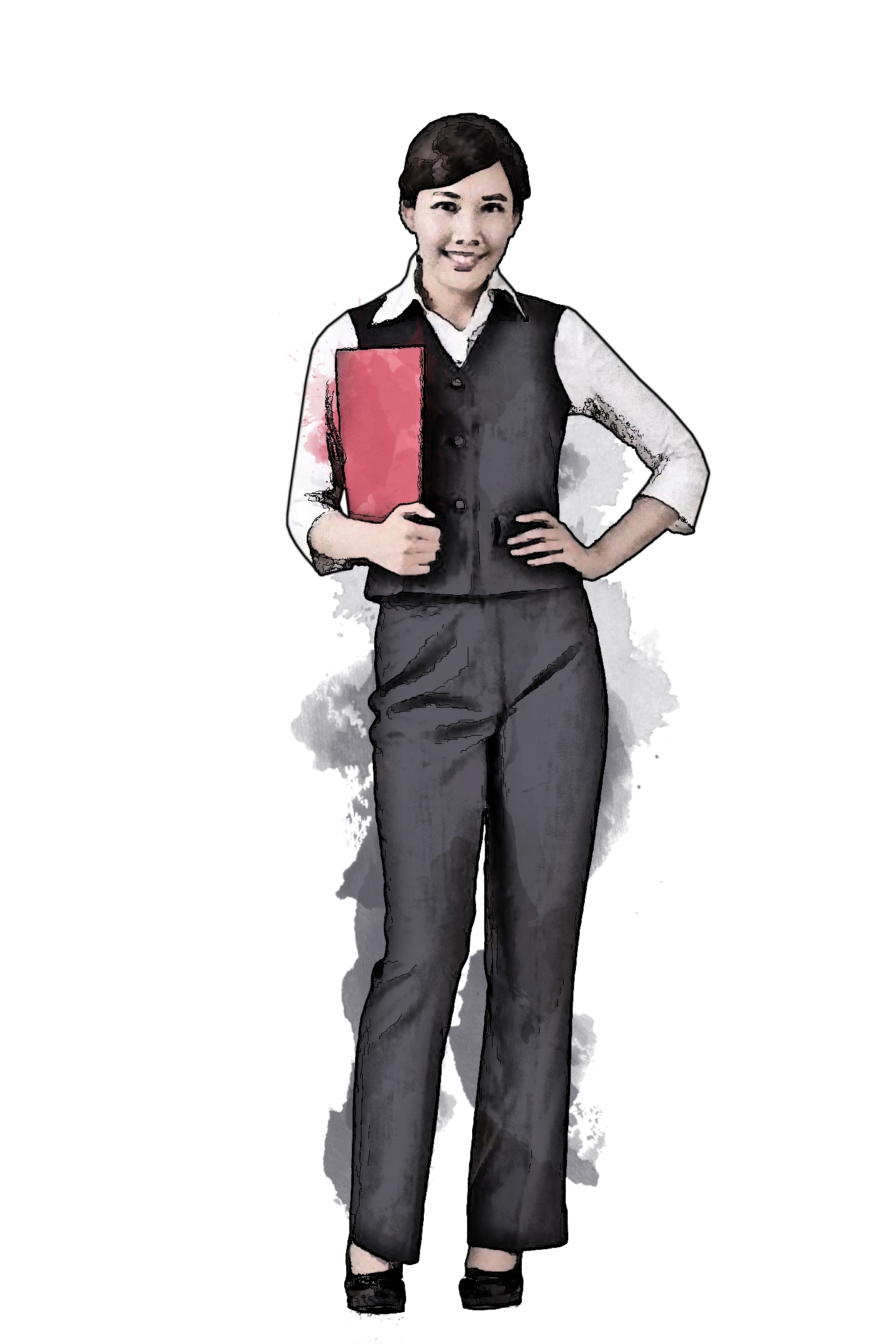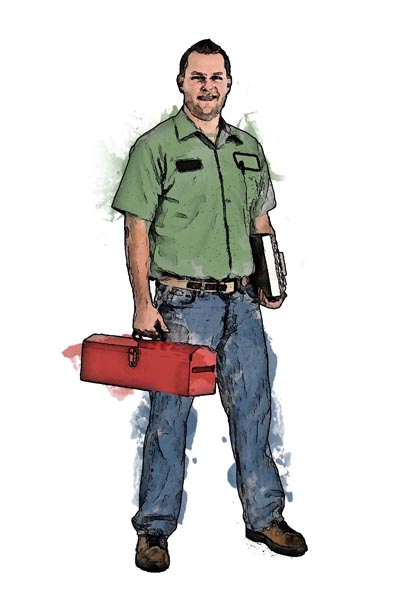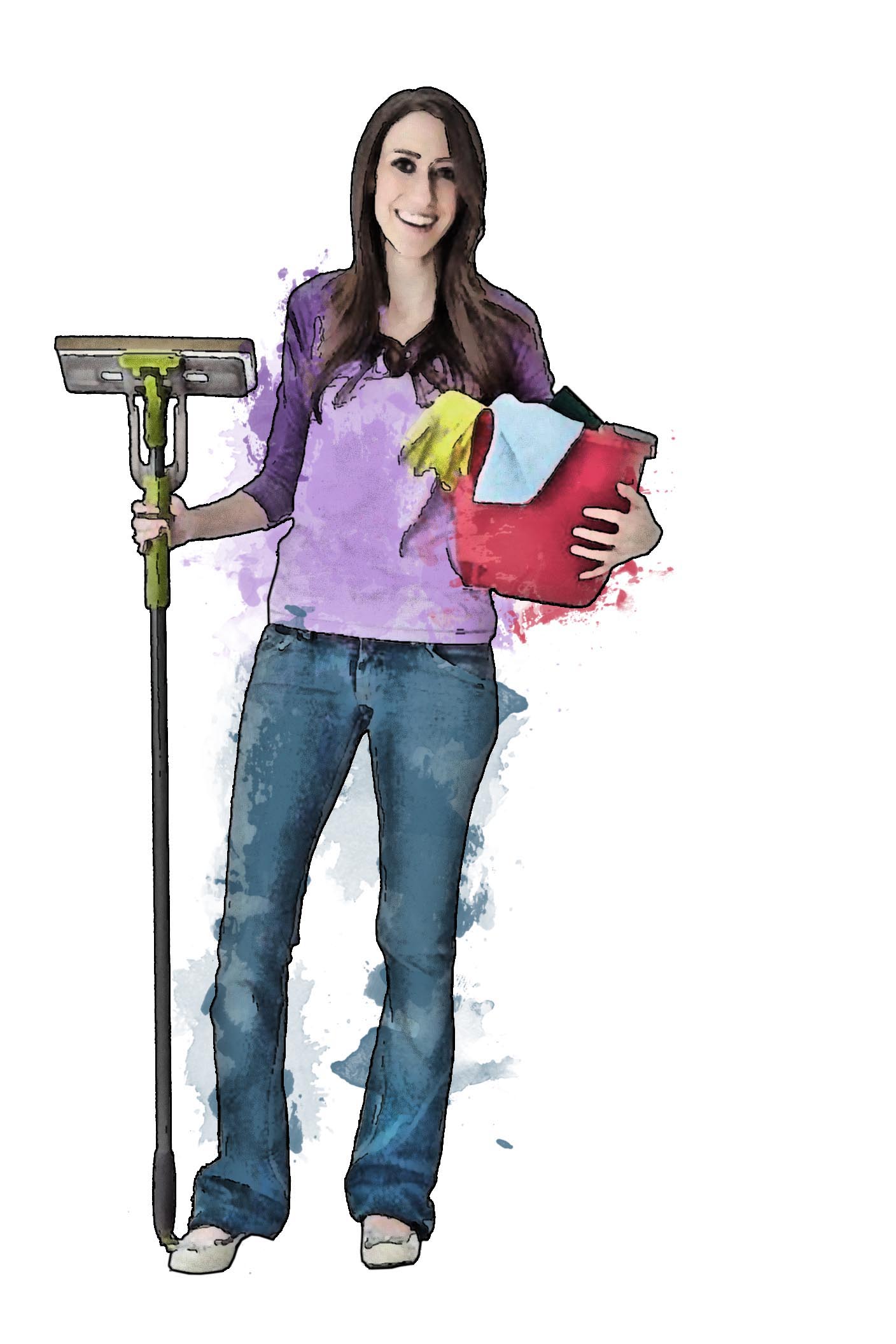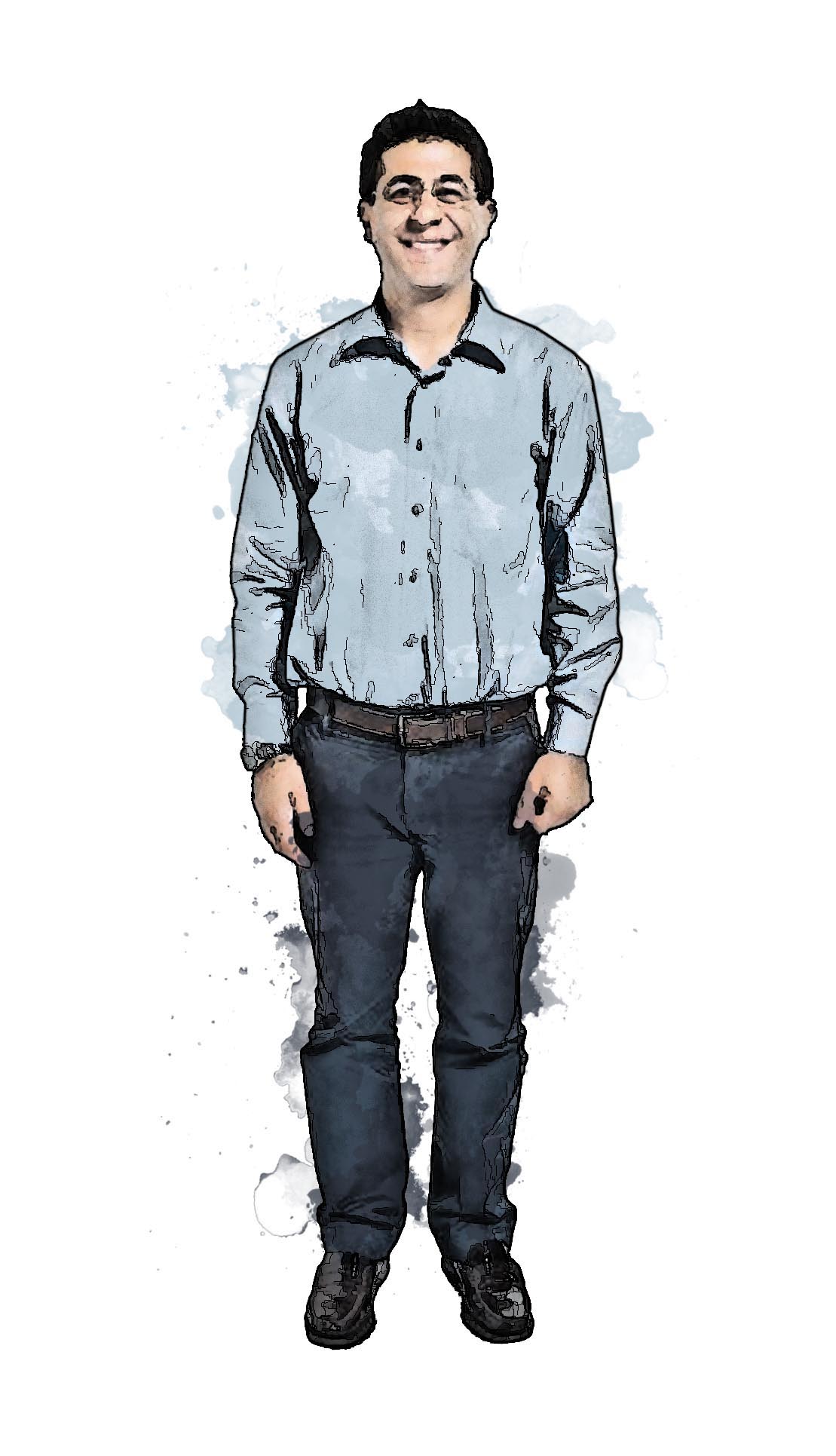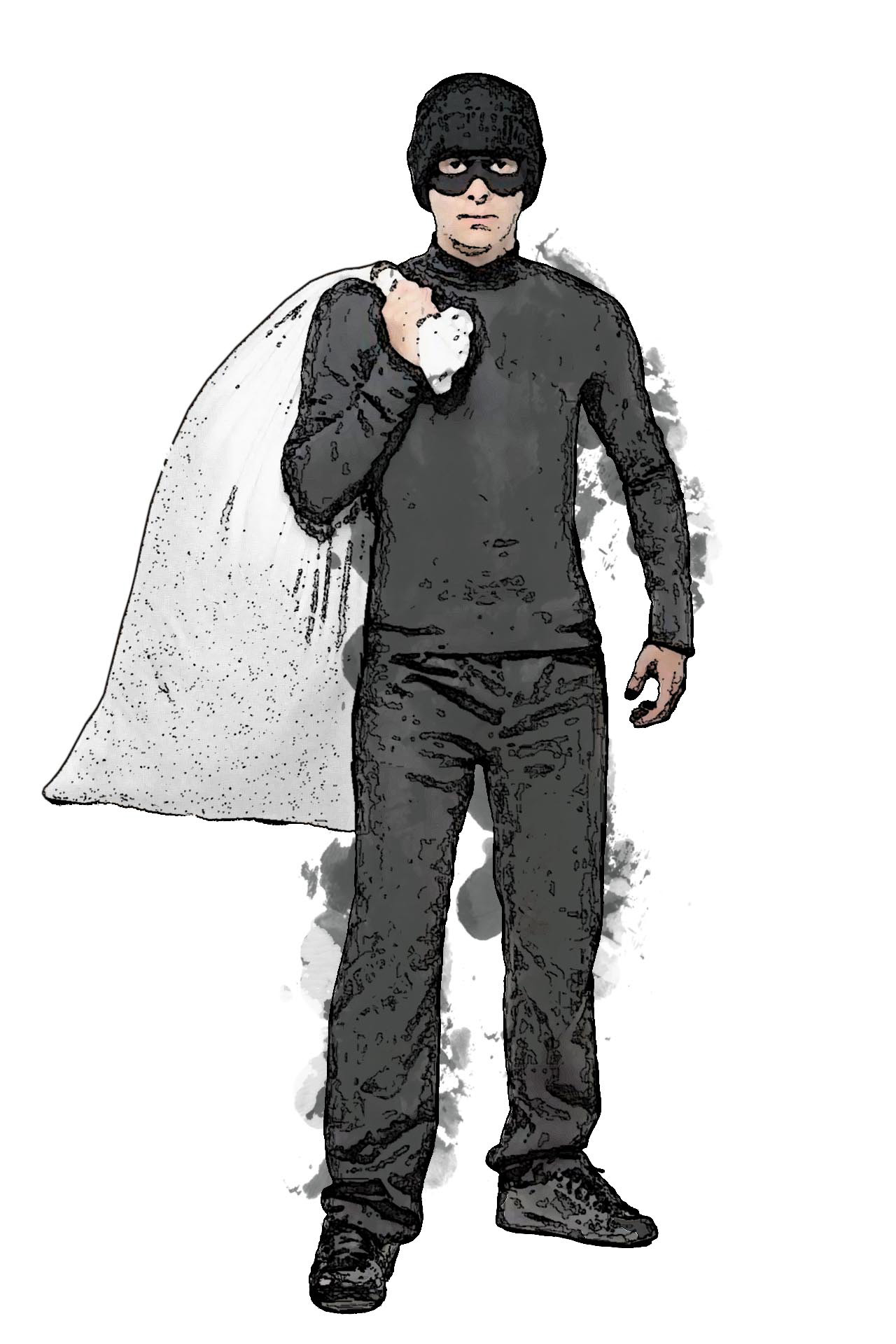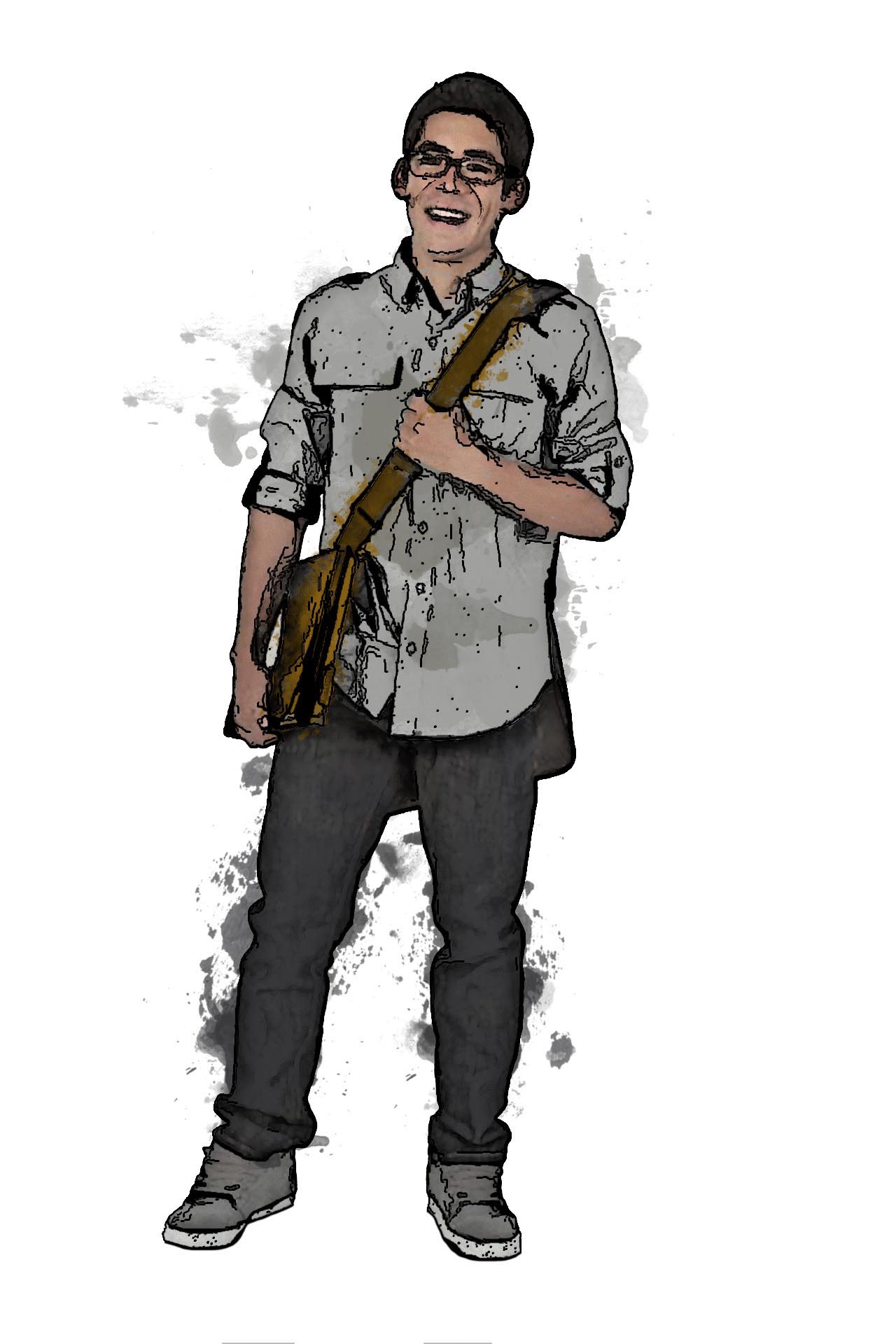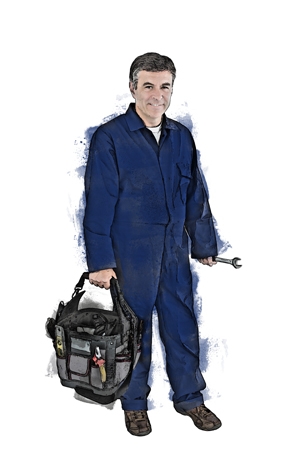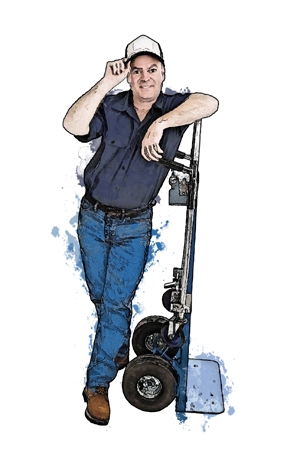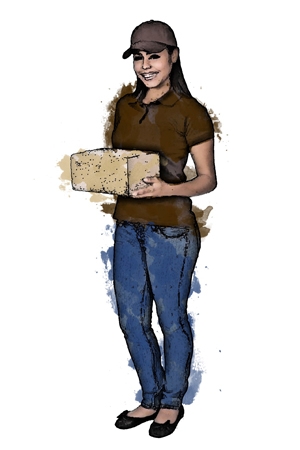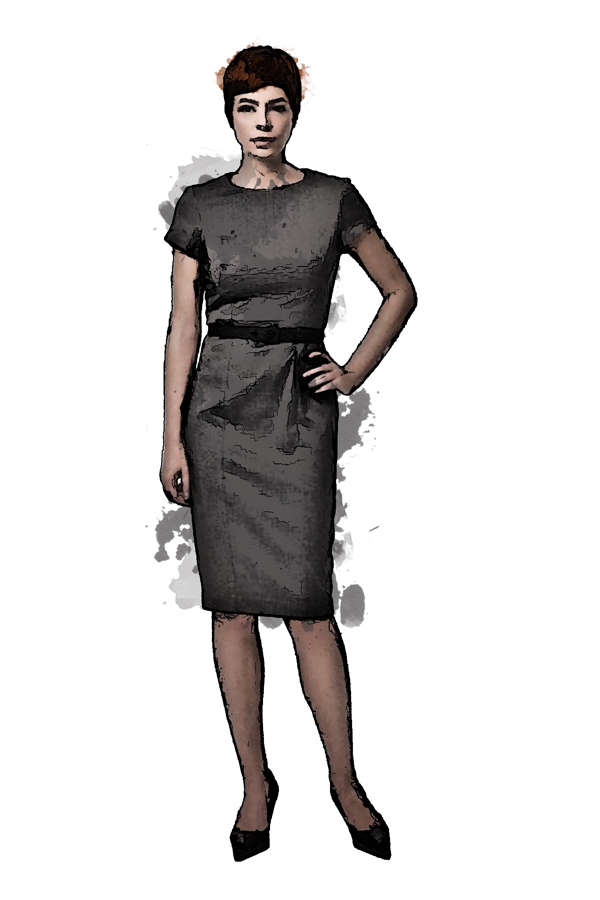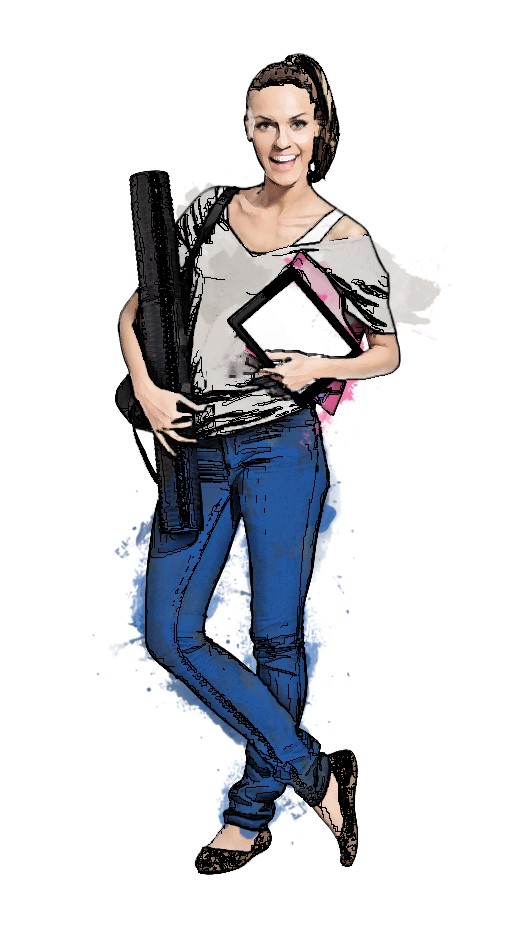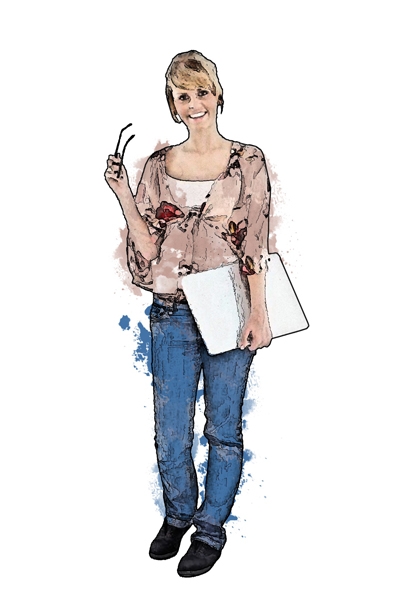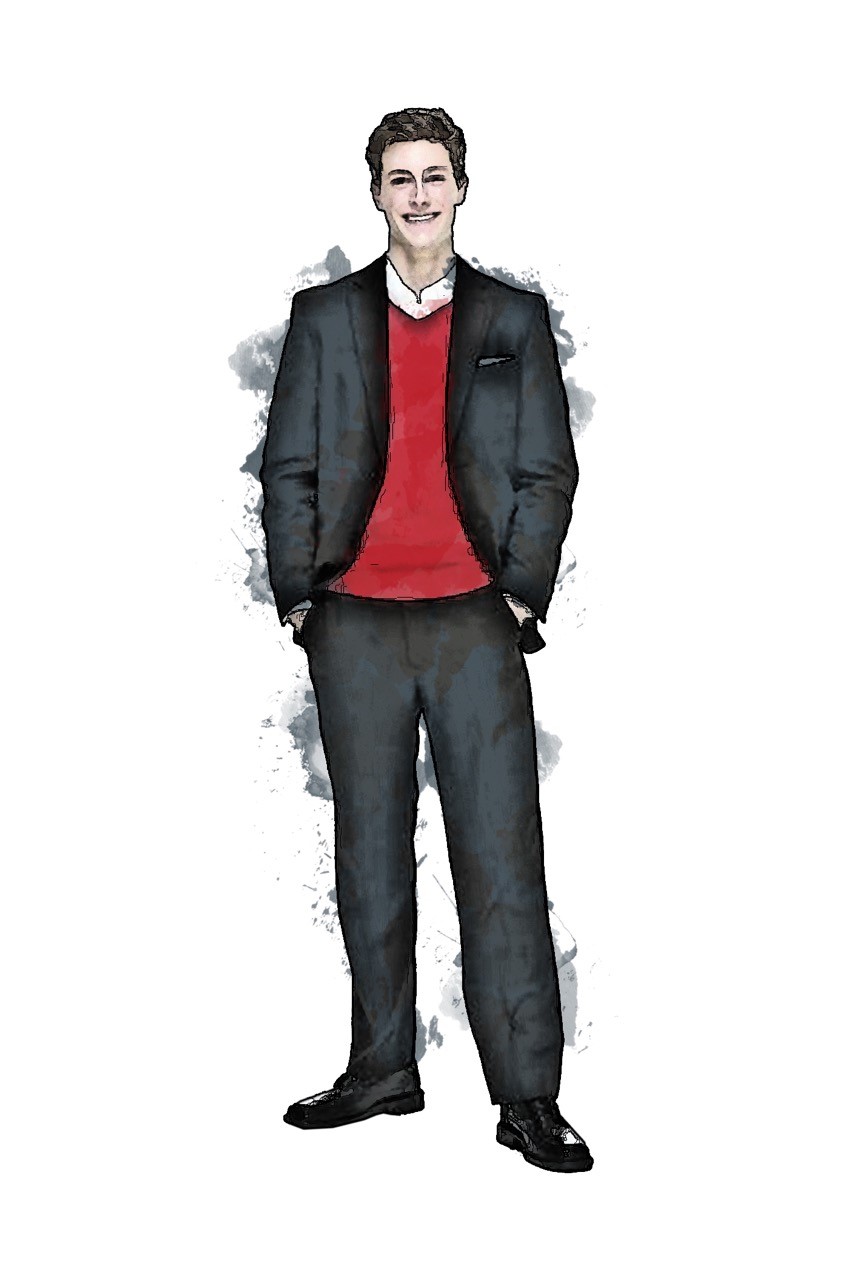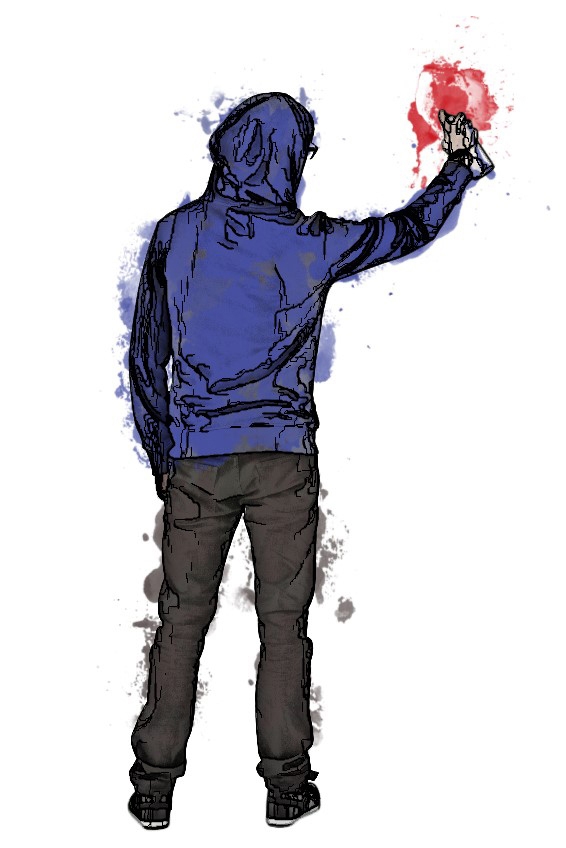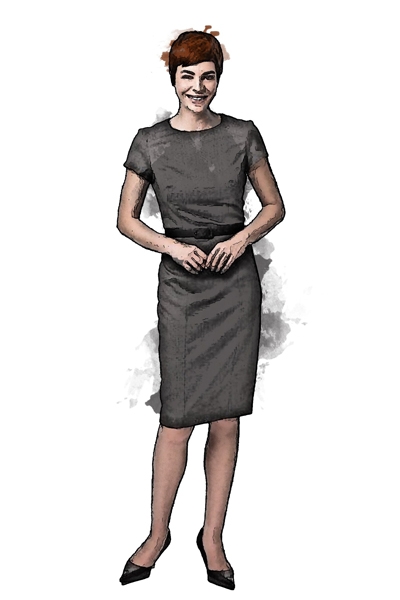I’m an introvert.
However, I didn’t fully appreciate what introversion is until I read Susan Cain’s, Quiet: The Power of Introverts in a World That Can’t Stop Talking. Cain explains introversion as a preference for a quiet, more minimally stimulating environment. This is not to be confused with shyness which is fear of social judgement and something apart from introversion.
Apparently more than one in three of us are at least partially introverted. We exhibit certain tendencies which, contrary to the negative connotation of the anti-social accusation often levelled at us, are positive, normal, and often productive.
If you too are an introvert then you’ll recognize one of these tendencies, that is, to occasionally withdraw from the unrelenting, overwhelming noise of daily life and find somewhere quiet where you can do some undisturbed reflecting. Long before reading Quiet and discovering that this tendency was “normal”, I would occasionally do what seemed “abnormal” and take myself off to some place away from my office if I needed to apply deep thought to an issue or if I wanted to exercise some creative thinking.
On a number of occasions while living and working in Calgary, I drove a hundred kilometers to Banff to be able to sit at an antique table in a quiet stone-floored, almost deserted wing of the hundred-year-old Banff Springs Hotel next to a tall, arched window with a magnificent view of the Bow River and the Canadian Rockies for a backdrop. There I could sit for hours undisturbed and undistracted. Using only a pad and pencil I’d scribble and sketch solutions and ideas with a productivity that would have been impossible back at the office.
On other occasions I’ve retreated to various locations, but always where I could be anonymous and undisturbed such as at a coffee shop or a library. Some locations are not as quiet as others, but any low-grade general background hum can be tuned out and one can still enjoy the benefit of the change in atmosphere.
Nowadays I lead a quieter rural existence, living, conducting online business, and writing on the South Shore of Nova Scotia where I can go for days without seeing, hearing, or speaking to another person, other than my wife. But even then there are times when I feel the need for solitude and a change of environment to mull over ideas and issues.
My favourite place of solitude is an isolated beach at the foot of a forest just fifteen minutes away by kayak. Admittedly there are the occasional distractions such as deer emerging from the forest and then scampering away upon spotting me, passing yachts in the distance, dive-bombing terns, swooping ospreys, circling bald eagles, and wading great blue herons. I once broke concentration to watch a loon battle for about twenty minutes to subdue and swallow a mackerel. But for the most part it’s peaceful and a perfect place to unclutter the mind to allow thoughts and ideas to emerge and be explored.
You may not have access to a majestic old hotel in the mountains or an isolated beach, but even in the biggest and busiest of cities there are places of solitude that offer a change of atmosphere away from the noisy hub-bub of your usual, daily environment.
And, most importantly, take comfort in the fact that it is normal to be inclined to occasionally crave a place of solitude. Susan Cain spent seven years researching and writing Quiet so that we introverts can be comfortable with our “condition” and don’t have to feel obliged to explain ourselves to our extroverted associates who just don’t get it.
Occasional solitude is productive. Try it.
